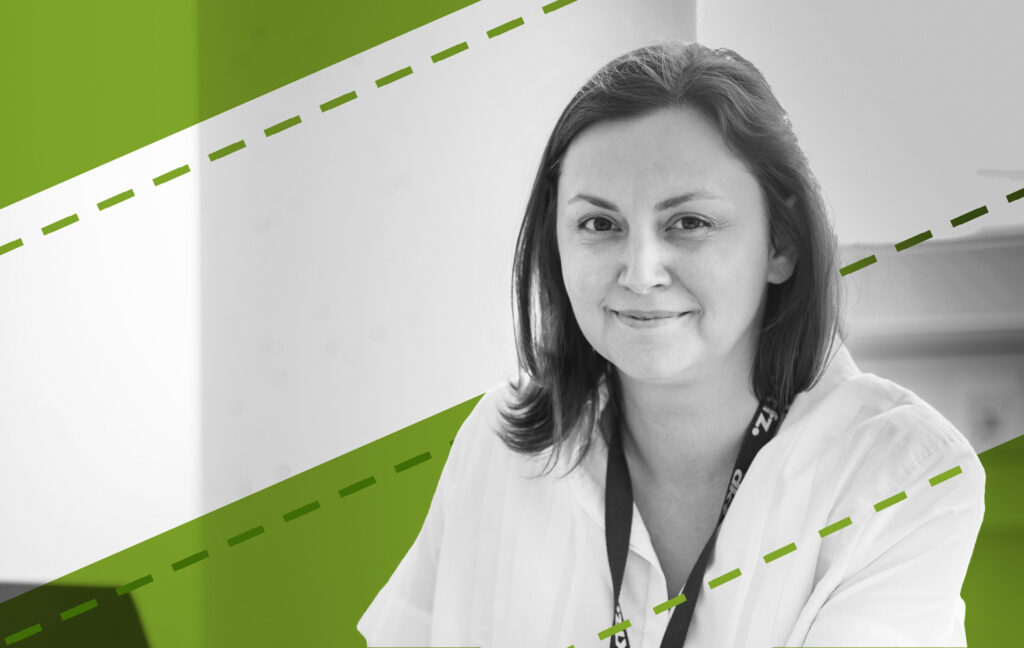5 December 2023 – Starting out as a group leader can present a multitude of unexpected challenges: for Ana Banito, one of the most surprising came recently when her first student and first postdoctoral researcher left to start their postdoc and own group respectively. “When you start your own lab, you put in a lot of energy and emotion: it felt like a big part of me was also leaving!” says Banito, who is a junior group leader at the German Cancer Research Centre in Heidelberg, Germany. “On the other hand, I’m so proud of them and to have been part of their scientific journey. In terms of my team members, my early experiences of being a group leader have been very rewarding.”
One of the main aims of the EMBO Young Investigator Programme is to connect scientists with peers to provide mutual support. “I will be part of an amazing network of early-stage group leaders who are facing similar challenges and working on different yet potentially complementary research themes,” says Banito, whose project will focus on understanding sarcoma biology to improve the outcome of paediatric patients. “The programme creates a perfect synergy: I will be able to collaborate with international colleagues and take part in courses focused on aspects such as lab leadership and science communication.”
Bone and soft-tissue sarcomas make up around a sixth of all childhood cancers: in comparison to treatments for some other cancers, advancements in treatment have been slow. “Paediatric cancer is relatively rare, however when it happens it affects someone who has their whole life ahead of them,” says Banito. “We still don’t know a lot about how sarcomas develop at the molecular level, nor how to reverse their effects. In our lab we try to understand the mechanisms of the genetic alterations underlying these tumours and to develop preclinical animal models to support this research. By studying these fundamental mechanisms, I hope it will eventually provide an important step towards developing therapeutic options.”



